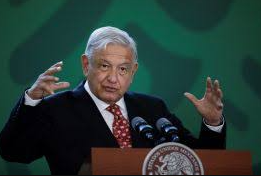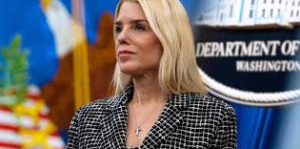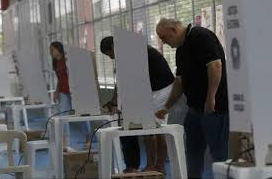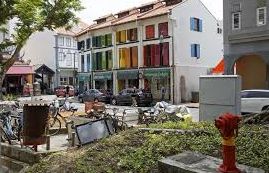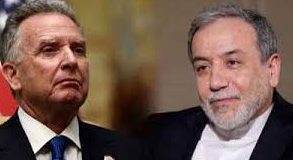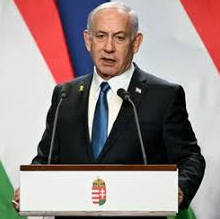Nine in ten voters back López Obrador, but low turnout raises questions about the legitimacy of the historic referendum.
In a historic recall election that saw unprecedented support for President Andrés Manuel López Obrador, nine in ten voters backed him to stay in office, highlighting his continued dominance in a polarized political environment. The referendum, viewed by many as a foregone conclusion, was designed by López Obrador to demonstrate his popular mandate, despite critics arguing it could pave the way for extending the current presidential term limits, which are restricted to a single six-year term.
According to preliminary estimates from the National Electoral Institute, between 90.3% and 91.9% of voters supported López Obrador, marking a resounding endorsement of his leadership. In his victory speech, the president took the opportunity to attack his political adversaries, comparing his impressive win to the votes his rivals had received in previous elections. He emphasized that Mexico is a democracy and that the people were in charge, rejecting any notions of an authoritarian regime.
However, despite the overwhelming support, the referendum’s legitimacy is being questioned due to the low voter turnout, which was estimated at just 17-18.2%. This turnout was far below the required threshold of 40% for the vote to be binding. The disappointing turnout has sparked debate about the significance of the referendum and whether it truly reflects the will of the Mexican population.
López Obrador, a pugnacious leftist, argued that the recall referendum was necessary to confirm his democratic mandate. But the low participation has left many wondering whether it genuinely reflects the political landscape or simply serves to solidify his control over the country.
This vote, the first of its kind in modern Mexican history, has not only reaffirmed López Obrador’s political strength but also raised concerns about the future of Mexican democracy and the potential for political maneuvering that could affect the country’s democratic institutions.
